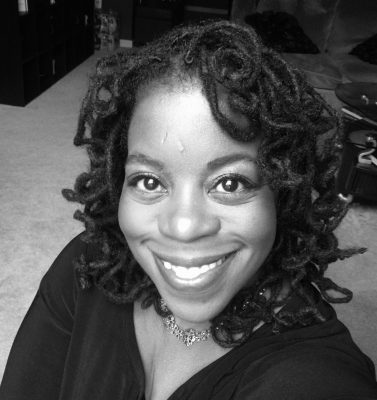Growing up, Andréa Comer had two influential forces in her life guiding her towards public service, her parents. Both of her parents were deeply committed to empowering Black communities and inspired her to continue their mission. Her father helped launch Gateway National Bank in St. Louis, a community bank that provided jobs and economic support for Black-owned businesses at a time when traditional lending institutions were less inclined to fund them. Her mother was a co-founder of the NY National Black Nurses Association, which would ultimately lead to the launch of the national organization. Comer shares that her parents instilled in her the importance of lifting up those around her. A saying from her mother encapsulates the values her family shared, “Your plate is never full if those around you are hungry.”

Comer worked in journalism, education and government for years before pursuing her Master of Public Administration (MPA). The Department of Public Policy (DPP) stood out in her search for a program because of its reputation for equipping leaders with the tools necessary to shape their work. As someone who values community she was drawn to the MPA Fellows program and the support it offers students.
Presently, Comer is furthering her parents’ mission by working for the Department of Consumer Protection as a Deputy Commissioner and as a chair for the Social Equity Council. The Social Equity Council was formed by legislation this year and is responsible for ensuring equitable access to the cannabis market. Their work will be focused on developing strategies and programs that recognize the challenges faced by individuals in communities that have been disproportionately impacted by the war on drugs, through workforce development and community reinvestment. Comer’s dedication to serving and empowering the Black community is evident in her work. The values her parents taught her have led to amazing accomplishments, and she is not slowing down any time soon,
“While we have made strides toward a more inclusive society since my parents’ fight for equality, we clearly still have much more to do. I want my work to honor their legacy, and to create opportunities that level the playing field for disenfranchised communities.”